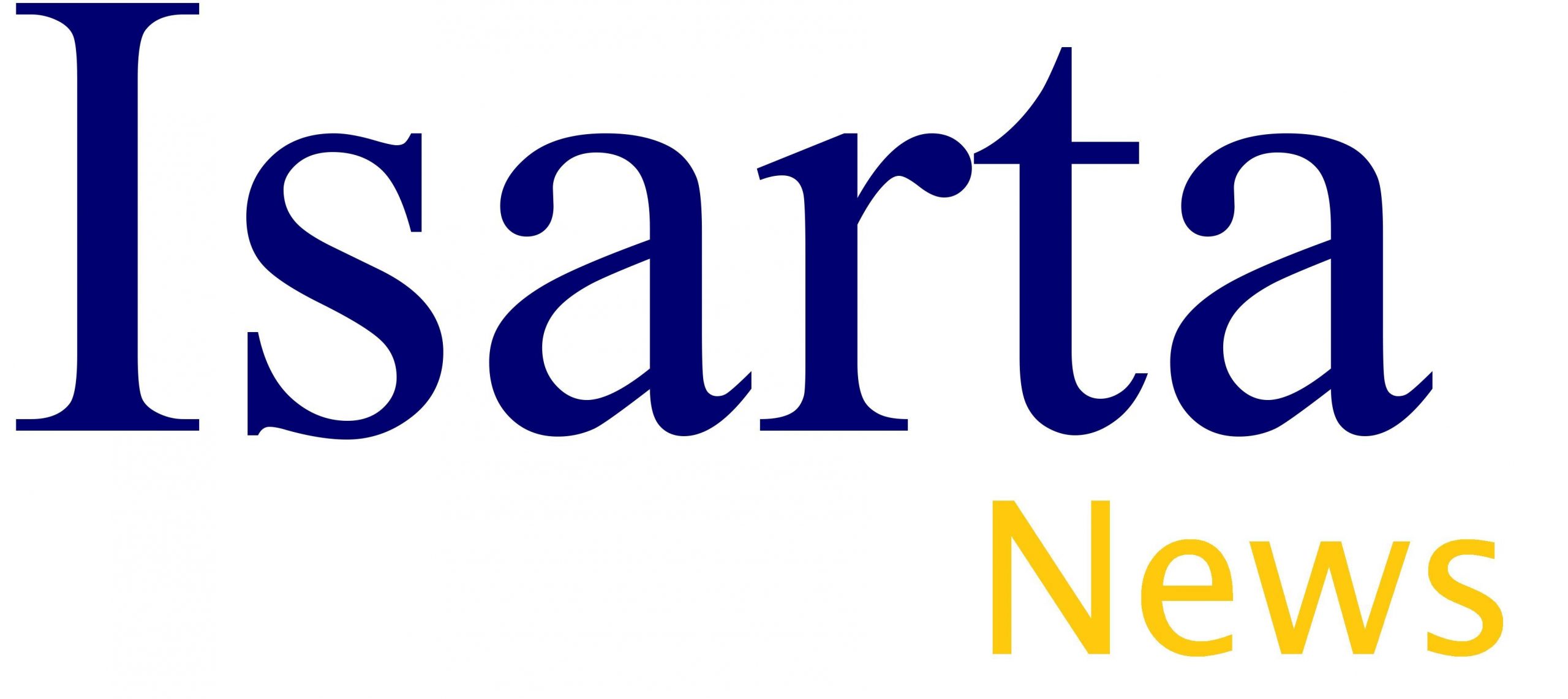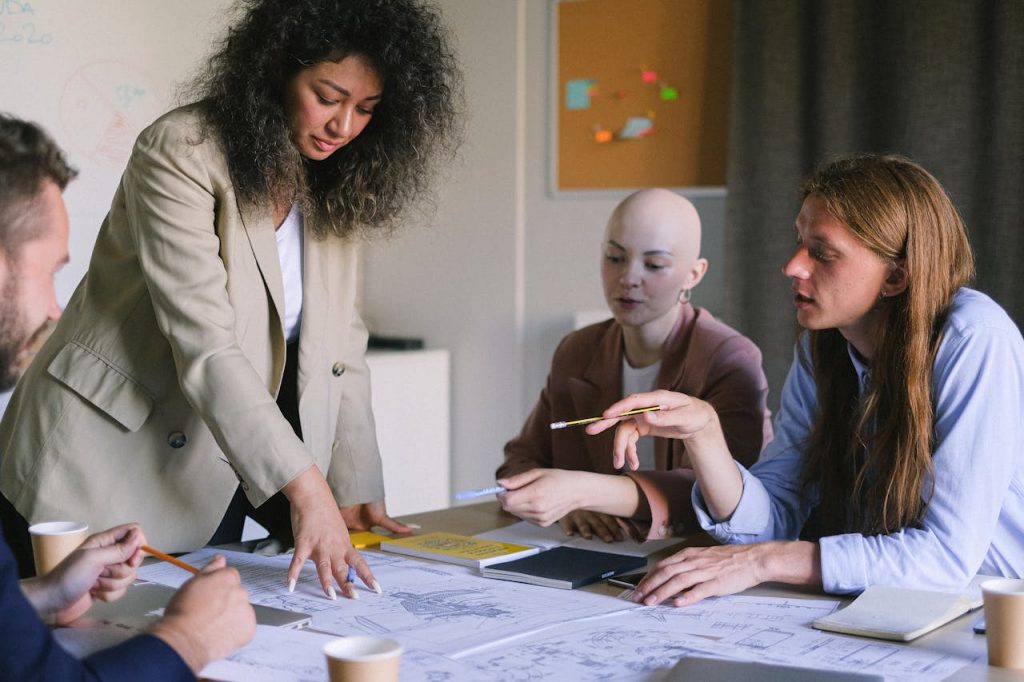No one is immune to a misstep in a job interview. Except that there is a way to reduce the risk of skidding, and it is quite simple: to take care of your preparation.
Nicolas Demarthe, head hunter and associate at Go Rh, in France, sees dozens of candidates parading on his computer screen (pandemic obliges) and it is the answer that comes spontaneously when asked about the most frequent missteps in interviews.
From my experience, the lack of preparation is what causes the most awkwardness”, notes Nicolas Demarthe.
“When you’re a candidate, it’s difficult to leave a blank when you’re asked a question. So we respond fairly quickly, sometimes without thinking too much…and lack of preparation can lead to enormity.”
Prepare What You Want to Say
The first part of the preparation is about what we want to say about ourselves, how we want to present ourselves to the employer. Of course, we have to decide what achievements, what strengths, what skills we want to put forward.
We also need to think about the more sensitive questions about our flaws or failures (we all know the famous question: can you give an example of a problem you had and how you overcame it…).
“Often the candidate shoots themselves in the foot by using the wrong words at the wrong time. If a difficulty encountered in the past is explained incorrectly, if a sentence goes wrong, the recruiter can paint a picture of a situation worse than it actually is. Presenting yourself is work.”
Knowing Your Interlocutor
The other part of the preparation concerns the interlocutor (and more broadly the company) whom we have in front of us. Did they take the time to read and memorize the job description if necessary?
In 2015, a survey of the Barclays LifeSkills website from 400 British recruiters identified lack of research as the most common mistake made by candidates, at 51%. The other two most common errors were “bragging” and “not asking questions”, tied at 31%.
“Just recently, a candidate explained to me that he wanted to work as a team, while the ad indicated work in great autonomy… explains Nicolas Demarthe. It is also very common for candidates to ask questions that are answered in the job description.”
Beneficial Effects
If you were still not convinced of the importance of taking the appropriate time to prepare, here are some benefits:
- You will be less stressed during the interview;
- It may seem paradoxical, but it is often easier to improvise and “get out of the script” when you are well prepared and have a safety net (the answers you have prepared) in case of failure of inspiration.
- If you took the time to inform yourself of your interlocutor’s journey, he will be flattered by this attention, and you will earn points as a candidate.
- Good interview preparation demonstrates your work ethic; this too will earn you points in the eyes of the recruiter!




